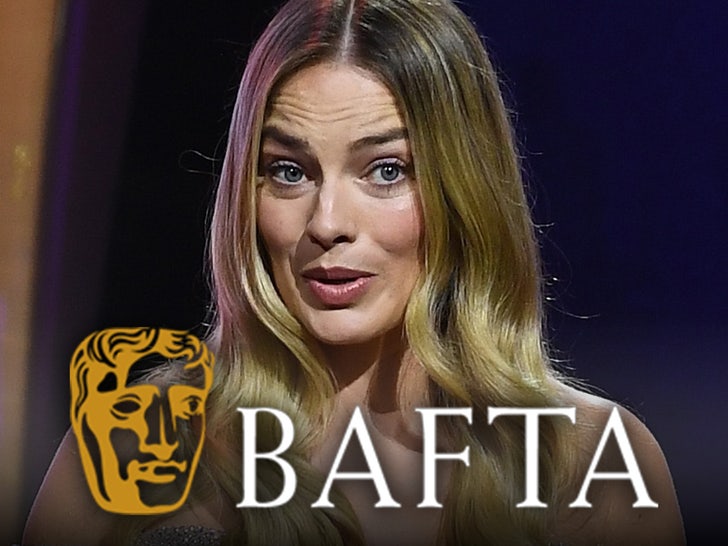Since it became clear that the digital world was going to take over the real one, movies have been attempting, with varying degrees of success, to make the virtual into the cinematic. Visual depictions of online spaces started seeping into Hollywood as early as the mid-eighties, but it wasn’t until the nineties that furious typing montages and vast CGI landscapes made of floating math equations really started to take off.
It’s difficult to translate lines of code into something exciting to look at visually, and in the early days of “internet movies” directors had a hell of a time making that leap. Inspired by cyberpunk sci-fi authors like William Gibson and Neal Stephenson, most movies set in the early days of the World Wide Web settled for a kind of blue/green/purple computer generated environment where stuff like viruses and programs and firewalls were made to look like physical objects, and moving through a network was like driving a car through a grid of city streets.
Nowadays, in an era in which there’s little that separates the online from the real, and the internet has completely taken over our everyday lives, this sort of cinematic language that was groundbreaking in its time tends to look extremely silly. Nevertheless, it’s fun to revisit even the dumbest depictions of the internet as a visual world, nostalgic for the days when cyberspace really felt like a new frontier. For this list, we’ve collected ten of the weirdest, silliest, and downright dumbest ways Hollywood has attempted to make lines of code into action sequences, everything from a teen hacker classic, a haunted website horror flick, a forgotten Disney Channel Original Movie, and a classic spy thriller.
The Most Ridiculous Depictions of the Internet on Film
Since even before the Internet was the Internet, movies have been trying to make the digital into the cinematic… with mixed results.
Gallery Credit: Emma Stefansky
READ MORE: Remembering the Absurd and Hilarious VR Scene from Disclosure

The Worst Comedies Ever Made
Cinema has brought laughter to generations of moviegoers. In these cases, though, the laughs were on the paying customers.





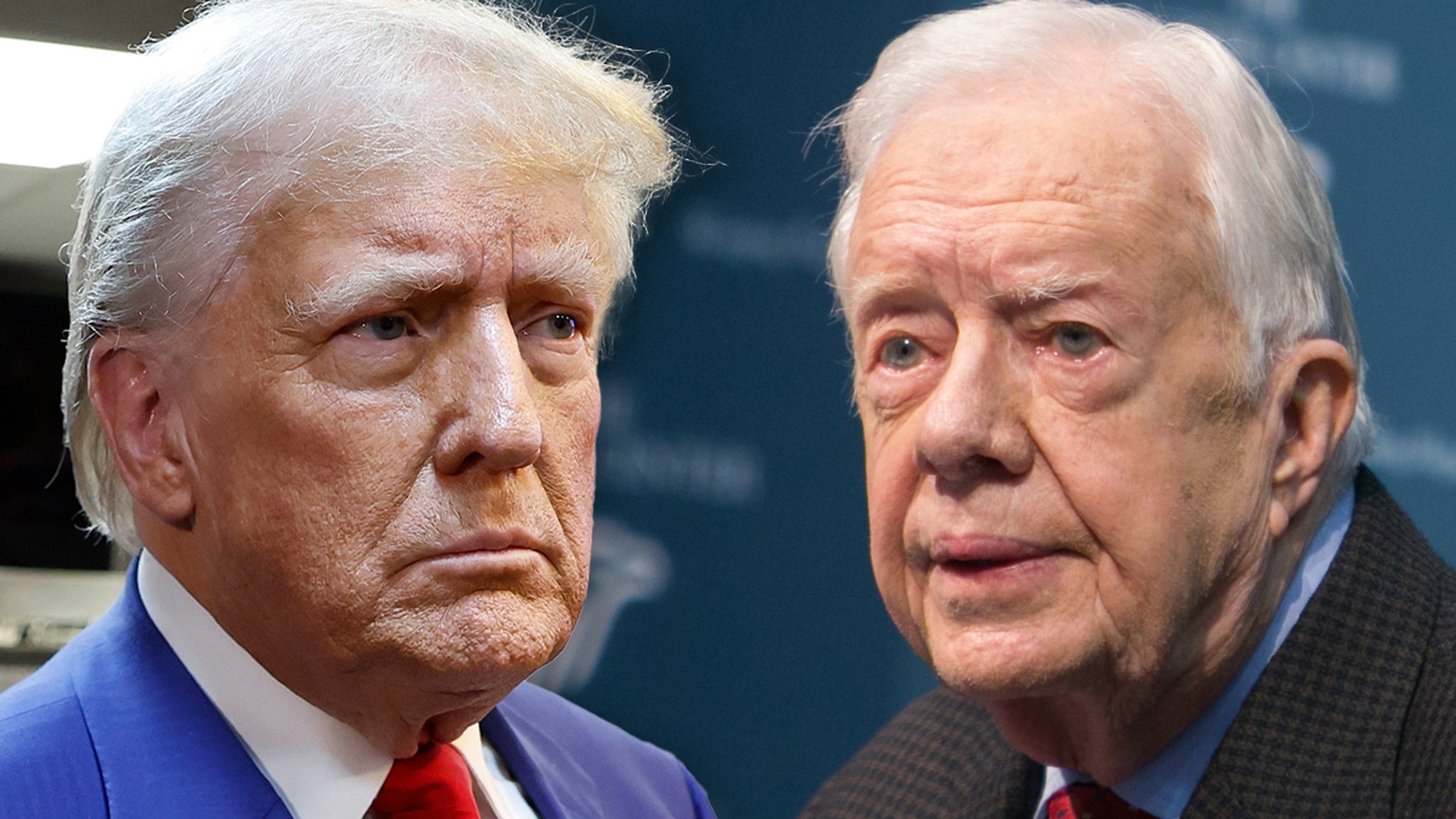









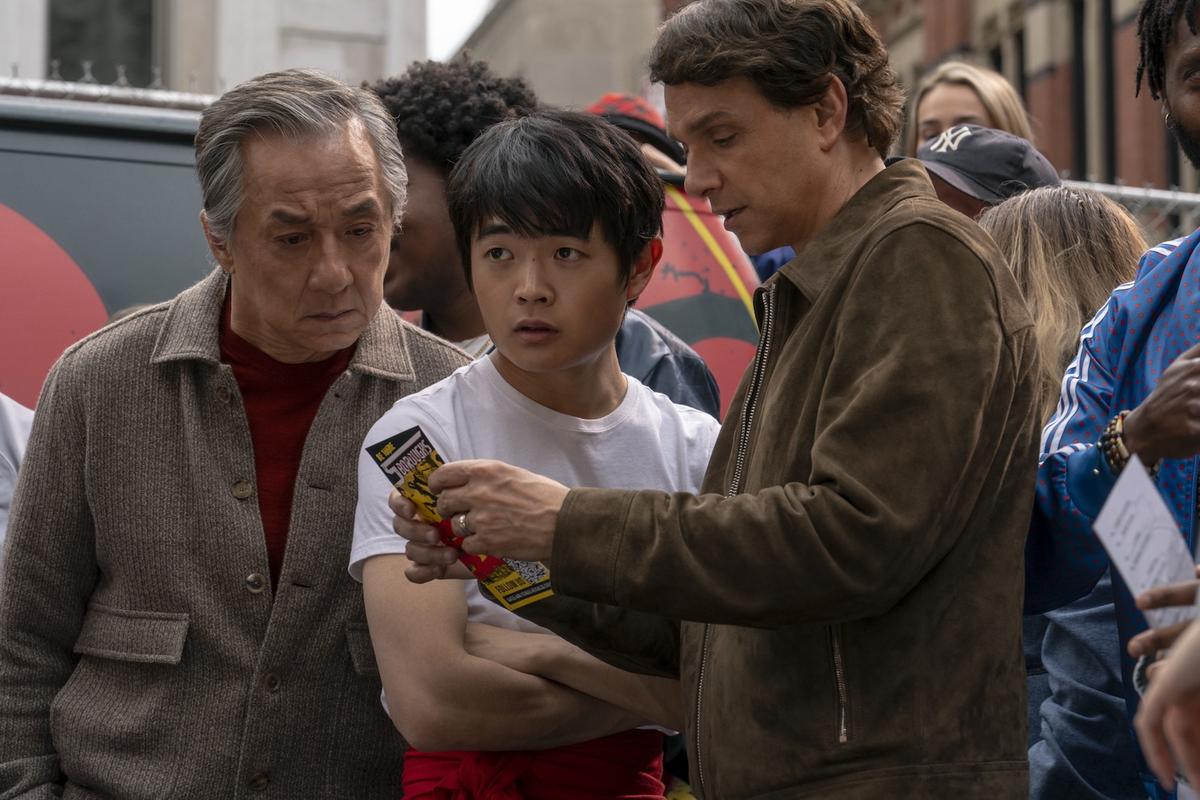





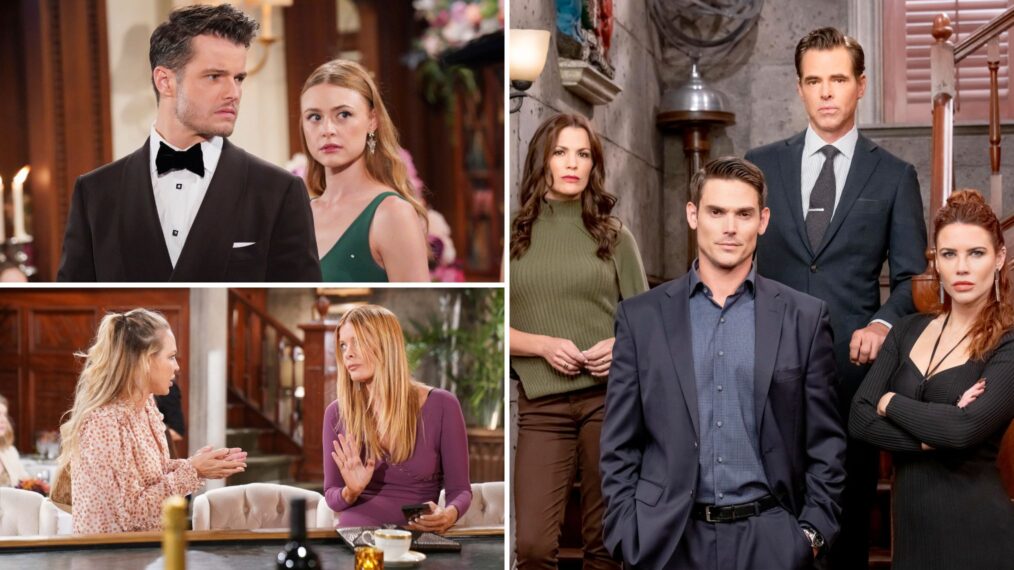


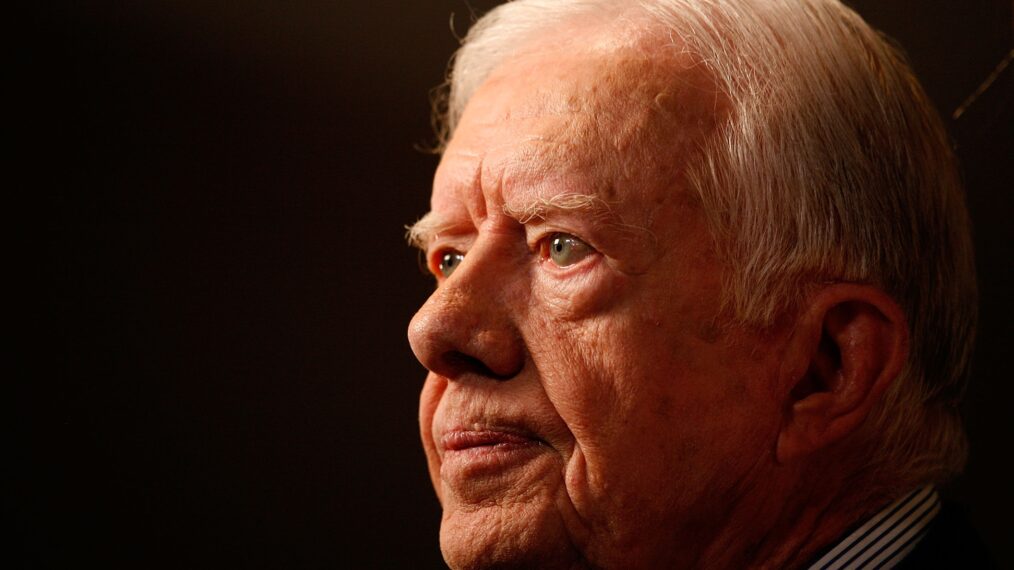































![OneRepublic – Hurt (feat. Jelly Roll) [Official Music Video] OneRepublic – Hurt (feat. Jelly Roll) [Official Music Video]](https://i.ytimg.com/vi/pDrD73iohmA/maxresdefault.jpg)

![Bruno Mars, Anderson .Paak, Silk Sonic – Smokin Out The Window [Official Music Video] Bruno Mars, Anderson .Paak, Silk Sonic – Smokin Out The Window [Official Music Video]](https://i.ytimg.com/vi/GG7fLOmlhYg/maxresdefault.jpg)




